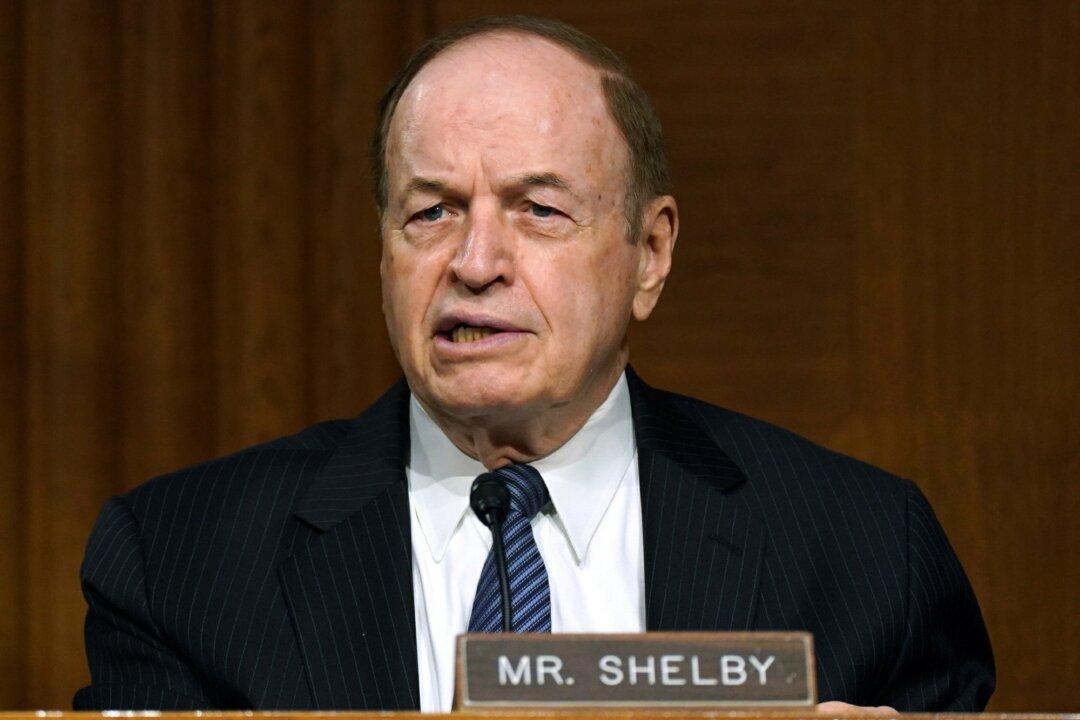Support is quietly growing across the ideological spectrum on Capitol Hill for measures intended to toughen congressional oversight muscles that have been allowed to atrophy for several decades under majorities of both political parties.
The first beneficiary of the gathering push could be the Government Accounting Office (GAO), the investigative arm of Congress, which has repeatedly requested more resources in recent years, only to be rejected by lawmakers.





